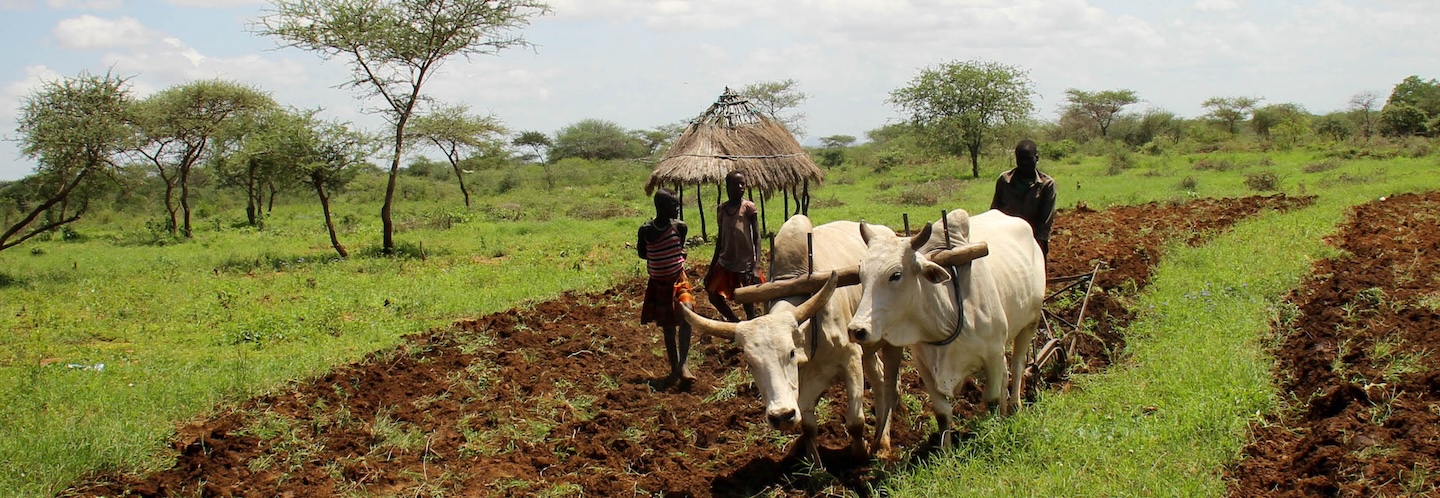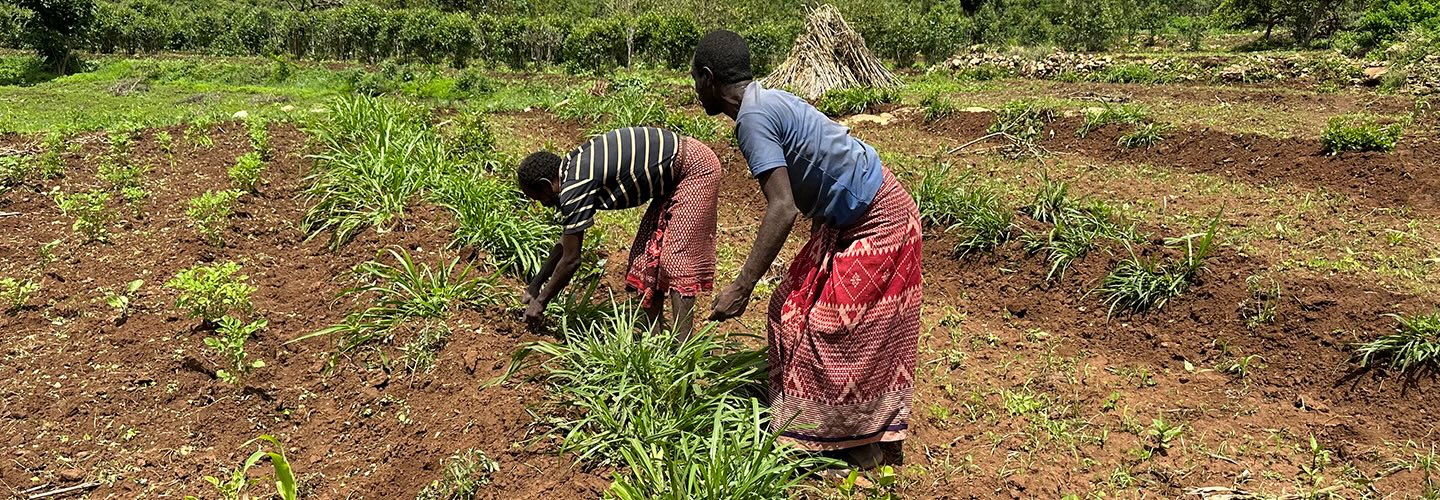CLIMATE ACTION REVIEW TOOL

As climate change impacts escalate, sectors such as agriculture, livestock, forestry, fisheries, and aquaculture are facing reduced yields, supply chain disruptions, and increased vulnerability to extreme weather events. Further temperature rises will only add to these challenges, making current agricultural practices unsustainable, while disproportionately affecting vulnerable populations, including women, Indigenous Peoples and small-scale food producers.
Although institutional frameworks like Nationally Determined Contributions (NDCs) and National Adaptation Plans (NAPs) exist, obstacles such as limited resources and technical capacity present significant challenges to their implementation, particularly in developing countries.
There is thus an urgent need for practical tools to bridge the gap between policy intentions and on-the-ground actions, allowing stakeholders to take effective adaptation measures to address climate change challenges.
Step forward the Climate Action Review (CAR) Tool, developed by FAO and UNDP as part of the SCALA programme, which marries practical measures with long-term planning and implementation through NDCs, NAPs and other climate commitments.
What is the purpose of the CAR tool?

The CAR Tool aims to provide national adaptation planners and practitioners with practical guidance for transitioning from high-level NDC and NAP planning to actual implementation of locally relevant adaptation actions in agriculture and land-use sectors, fostering transformative systems-change potential.
It offers a practical, step-by-step approach to identifying actionable entry points for transformative change, drawing from adaptation actions outlined in NDCs and NAPs. The tool is adaptable to various country contexts and strategic priorities, facilitating evidence-based adaptation planning through participatory methods.
Additionally, the tool serves in its "planning function", offering insights into strategic interventions needed for future adaptation efforts, and aligns with international guidelines for NAP formulation and implementation.
Who is the CAR tool for?

The Climate Action Review (CAR) Tool is tailored to assist:
- NDC and NAP planners and focal points in government.
- Senior policy or technical units in relevant ministries, departments, or agencies supporting climate change and/or agriculture sector projects.
- Multilateral or bilateral organizations, civil society, or financial institutions supporting country-driven climate action and NDC/NAP implementation in the agriculture and land-use sectors.
How does the CAR tool work?

The key aspect of the tool revolves around assessing the potential impact of planned adaptation measures on enhancing the resilience of agrifood systems in the context of climate variability. This assessment uses six elements and 20 indicators of transformative climate action, employing both quantitative and qualitative analyses to compare current and planned adaptation actions.
The tool is structured through a five-step process:
- Preparing for the consultative assessment.
- Short-listing adaptation priorities from NDCs and NAPs for evaluation.
- Mapping stakeholders for consultation.
- Assessing the transformative potential of adaptation priorities.
- Developing an actionable roadmap for implementing transformative climate actions in the agriculture and land-use sectors.
The CAR Tool Handbook

Photo: Andrea Egan/UNDP Uganda
To better understand how to use the tool, users can access a comprehensive handbook.
Click here to access the CAR Tool handbook
This handbook aims to:
- Provide insight into the background and rationale for agricultural and land-use system transformation within the context of climate change.
- Offer step-by-step guidance on applying the CAR Tool and interpreting results for evidence-based adaptation planning using participatory methods.
- Present guidance on formulating actionable roadmaps for locally relevant NDC/NAP adaptation action programming and resource mobilization to accelerate transformative climate action in the agriculture and land-use sectors.
